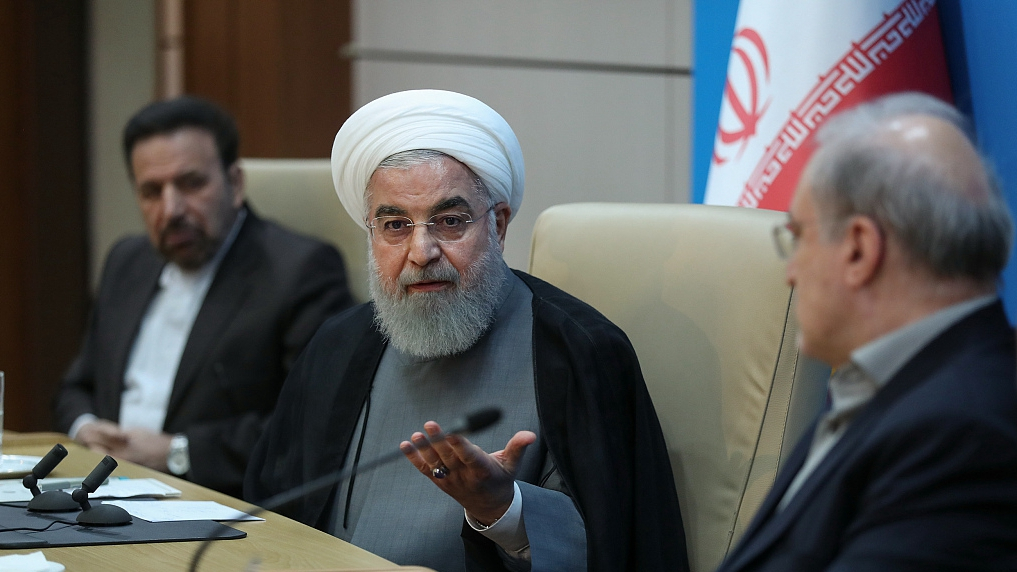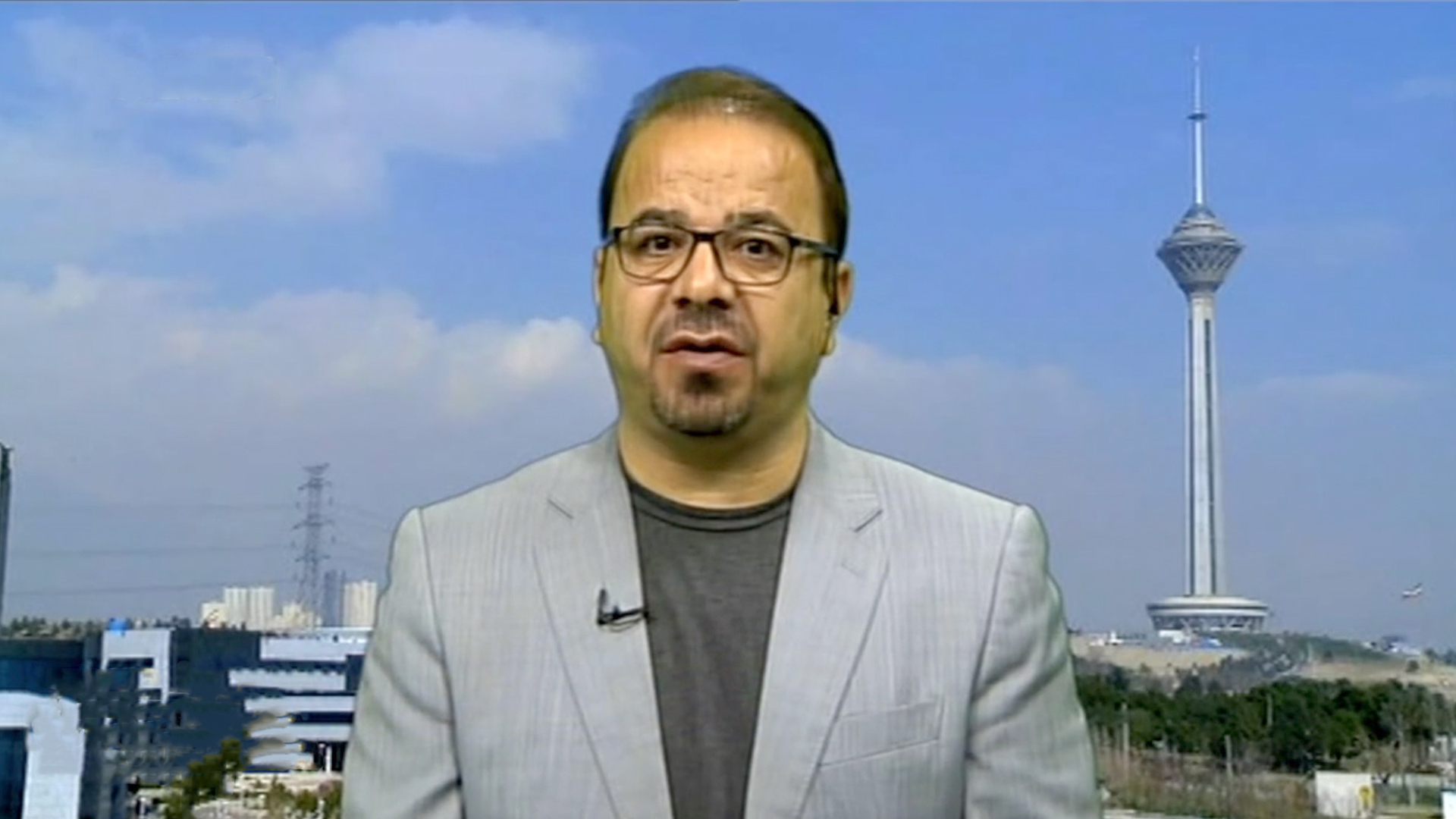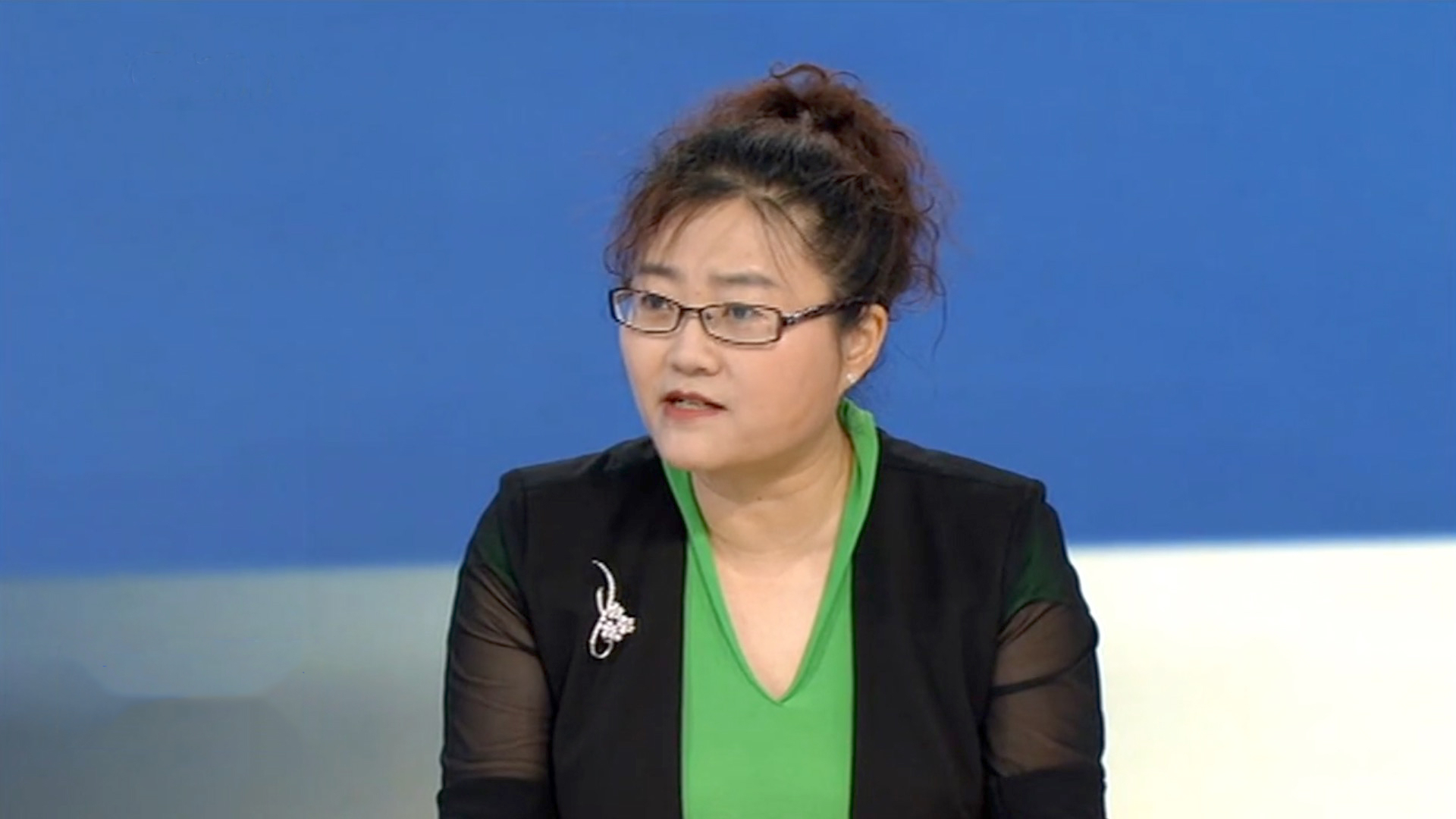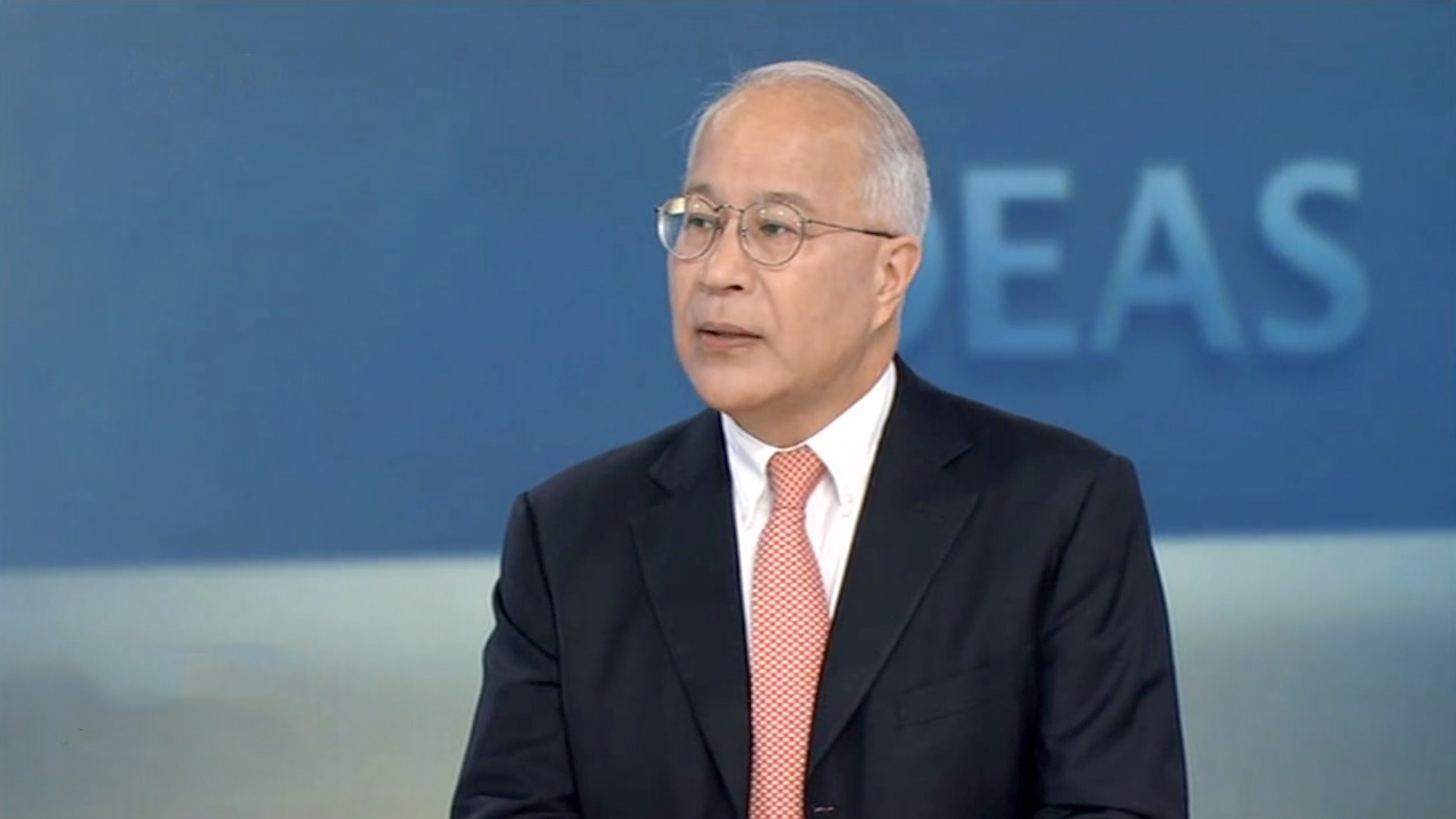

U.S.-Iran tensions have flared up since Iran shot down a U.S. drone. Iran claimed that the drone violated its airspace, which the U.S. has denied. Although the Trump administration pulled back from military strikes to retaliate against Iran, they have imposed new sanctions, and warned that military action is still on the table. Many are afraid that the two countries are on the brink of war.
Meir Javedanfar, a Middle East Analyst from Israel, suggests that although both sides might not want to go to war, the possibility of a military conflict still runs high.
"Trump does not want to go to reelection in 2020 with a war on his report card. Also, the way he is looking at things, he is imposing sanctions against Iran so he can avoid war at this stage. This is his preference."
"Despite the fact Trump does not want war and Iran does not want war with the US, events have a way of unfortunately taking countries to where they do not want to be, taking their leaders to avenues which they [would] rather not drive into," the analyst said.

Ghanbar Naderi, a columnist with Kayhan International in Iran, believes the stakes are simply too high for the U.S. to start yet another war in the Middle East.
“It’s very straight forward the U.S. has been sanctioning Iran for the past 40 years because it cannot engage itself with Iran through military means, because this is going to destabilize the region and undermine the stability and security of the global energy market.”
He also does not think the sanctions are going to soften Iran’s stance. “The sanction regime has been working for the past 40 years, but that is not the way forward. I don’t think by killing off the international diplomacy, they can get Iran back to the negotiation table.”

The EU has recently created an INSTEX special payment vehicle, but Iran was disappointed with its effectiveness. He Wenping, a senior research fellow at the Chinese Academy of Social Sciences, says although officials from European countries are going to Iran and trying to work things out, Iran is still disappointed because most of the gestures are lip service rather than concrete actions.

Einar Tangen, a U.S. current affairs commentator, thinks the EU wants to resolve the Iran nuclear issue, but the ultimate key factor still lies in Trump’s hand. Unfortunately, Trump will not change his stance on Iran because tough foreign policy wins him popularity on the domestic front.
Trump’s diplomacy “has created distrust in the community. It has completely destroyed any trust and the ability to deal with him. You just don’t know what he is going to do next. It’s just hard to see how he thinks this is building good will towards real settlement. But it does improve his popularity at home.”
(If you want to contribute and have specific expertise, please contact us at opinions@cgtn.com)

Copyright © 2018 CGTN. Beijing ICP prepared NO.16065310-3
Copyright © 2018 CGTN. Beijing ICP prepared NO.16065310-3